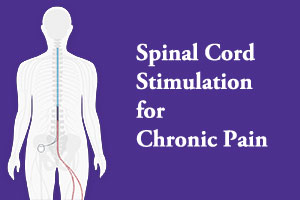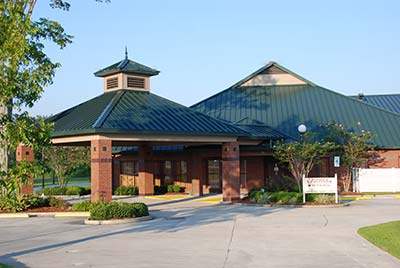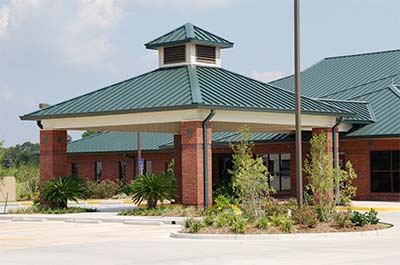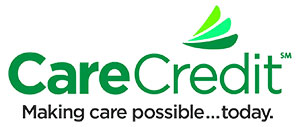Pain Blog: Am I a Candidate for a Spinal Cord Stimulator?
 Spinal cord stimulation (SCS) relieves chronic pain by targeting nerves in your spinal cord. More specifically, SCS blocks the nerves that send pain signals to your brain. If your brain doesn’t get the message, you don’t feel the full extent of your pain.
Spinal cord stimulation (SCS) relieves chronic pain by targeting nerves in your spinal cord. More specifically, SCS blocks the nerves that send pain signals to your brain. If your brain doesn’t get the message, you don’t feel the full extent of your pain.
As pain management specialists, we at Headache & Pain Center, amc in Gray and New Iberia, Louisiana, understand that not everyone is a good candidate for SCS. But if it works for you, you can look forward to significant, long-lasting pain relief with the innovative HF10® spinal cord stimulator.
Let’s look at how we determine if you’re a good candidate for getting a spinal cord stimulator.
Pain Blog Articles
Herniated Disk or Muscle Strain?
Does Arthritis Cause Deformity?
Is Your Lifestyle Causing Back Pain?
Why You Shouldn't Ignore Neck Pain
What Could Be Causing Spine Pain?
Remedy & Prevent Sciatica Pain
Can I Get a Spinal Cord Stimulator?
Your condition is treatable with SCS
All the pain signals from your body travel through the spinal cord on their way to the brain. Since SCS stops the signals at your spinal cord, it can help ease the pain of many different conditions originating in nearly every part of your body. These are a few examples:
- Back pain — Failed back surgery, herniated disc, degenerative disc disease
- Leg pain — Peripheral artery disease, complex regional pain syndrome, sciatica
- Nerve pain — Peripheral neuropathy, diabetic neuropathy, phantom limb pain
- Arm pain — Neuropathy, spinal stenosis
- Chest pain — Refractory angina
- Joint pain — Arthritis
The HF10 can treat a wide range of conditions, but it’s proven to provide significantly better and longer lasting pain relief than other devices for people suffering from chronic leg and back pain.
Your medical treatments have failed
SCS is not the first line of treatment for any chronic pain condition. Before we can consider you for SCS, you must first try all the appropriate medical treatments, giving them a fair shot to see if they can relieve your pain.
The treatment regimen you follow before SCS depends on your diagnosis, but conservative care typically begins with options such as oral and topical medications, activity modification, and physical therapy.
The next step includes other interventional pain management treatments such as steroid injections and nerve blocks.
You meet other qualifying criteria
When screening patients for SCS, we also consider criteria such as:
- Would you benefit from surgery?
- Do you want to consider surgery?
- Do you have a drug addiction or untreated depression?
- Do you have health conditions that prevent having the SCS implanted in your spine?
After we have fully evaluated your medical and treatment history, symptoms, and personal concerns, there’s still one more step to take before you can get a SCS, and that’s the trial.
You have a successful SCS trial
A trial of SCS is the most important factor for determining if we can give you SCS. In fact, this is a deal breaker. Before we say you’re a good candidate, you need to have a successful trial showing the device relieves your pain.
Every person experiences a different level of pain relief with SCS. After you use the device for a trial period of about a week, you will know how well it works for you. Then you can decide if you want to keep using the device.
Though we can’t guarantee your results, there’s a better chance you’ll get the relief you need with the HF10. Surveys of patients who use the HF10 show that 88% are more independent thanks to their reduced pain.
To learn if you’re a good candidate for SCS, call us or use the convenient online booking feature to request an appointment.



